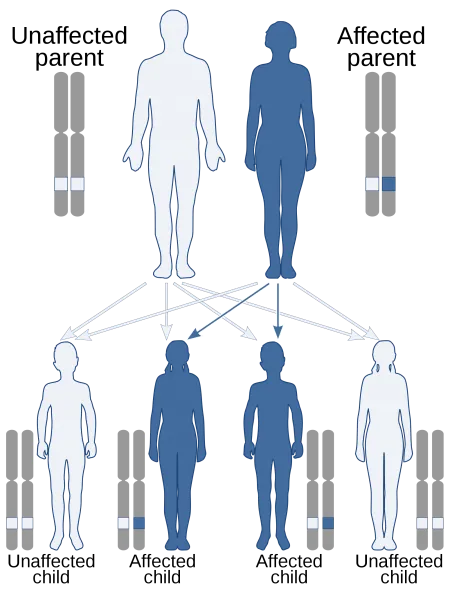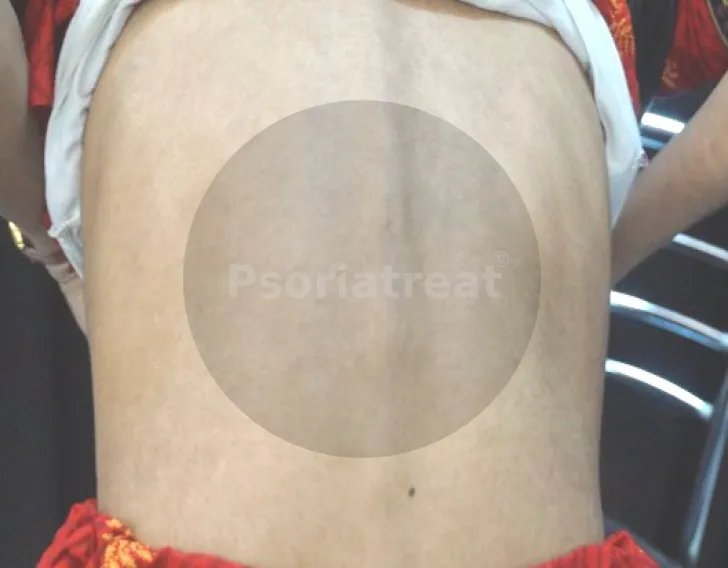What is Psoriasis
What is Psoriasis
What is Psoriasis? Psoriasis is an autoimmune skin disorder that causes normal skin cells to multiply up to 15-20 times faster than normal. This makes the skin build up into red raised patches covered with whitish-silver scales, that may itch or cause discomfort. Scales typically develop on joints, such as elbows and knees.
They may develop anywhere on the body, including the:
Less common types of psoriasis affect the nails, the mouth and the area around genitals.
Symptoms of Psoriasis
Common signs and symptoms include:
- Red, raised patches on skin covered with thick, whitish-silver scales.
- Small scaling spots(commonly seen in children).
- Dry, itchy, cracked skin that may bleed on scratching.
- Itching, burning or soreness.
- Thickened, pitted or ridged nails. In severe cases, the nails may also begin to crumble or detach from the nail bed.
- Scaly plaques on the scalp.
- Swollen, stiff and painful joins.
Causes of Psoriasis
Immune System
Psoriasis is an autoimmune disorder. Autoimmune conditions are the result of the body attacking itself. In Psoriasis white blood cells known as t-cells mistakenly attack the healthy skin cells. In a normal body, t-cells defend the body from infections by attacking and destroying invading bacteria.
But in Psoriasis instead of protecting the body from invaders, it attacks healthy skin cells promoting inflammation (warm, red skin areas ) and also it speeds up the production of skin cells. i.e. 5-6days rather than 28days, causing new cells to develop too quickly. Skin cells are then pushed to the skin surface where they pile up resulting in scales and thickening of the skin.
Causes of Psoriasis
Genetics
Scientists believe that at least 10 percent of the general population inherits one or more of the genes that create a predisposition to Psoriasis.
But only two percent to three percent of the population develops the disease. This is thought to be because only two percent to three percent of people encounter the “right” mix of genetics and are exposed to triggers that lead to the development of Psoriasis.
Those who have a genetic disease but no family history, for example, may have inherited two genes from their father and two from their mother neither of whom had all four and therefore never developed the disease. If you have a strong familial history, your risk of developing Psoriasis is higher. Having one parent with Psoriasis increases your risk of getting the disease by 15 % and having two parents with Psoriasis increases your risk even more to 50%.
Identical twin studies suggest a 70% chance of a twin developing Psoriasis if the other twin has the disorder. The risk is around 20% for nonidentical twins.
Psoriasis Triggers

Psoriasis typically starts or worsens because of a trigger that you may be able to identify and avoid. Factors that may trigger Psoriasis include:
- Infections, such as strep throat or skin infections.
- Injury to the skin, such as a cut or scrape, a bug bite, or a severe sunburn.
- Stress.
- Smoking.
- Heavy alcohol consumption.
- Vitamin – D deficiency.
- Certain medications including lithium, which is prescribed for bipolar disorder, high blood pressure medications such as beta-blockers, antimalarial drugs and iodides.
Risk Factors
Anyone can develop Psoriasis, but these factors can increase your risk of developing the disease:
- Viral and bacterial infections:
People with HIV are more likely to develop Psoriasis than people with healthy immune systems are. Children and young adults with recurring infections, particularly strep throat, also may be at increased risk.
- Stress:
Stress can impact your immune system, high-stress levels may increase your risk of Psoriasis.
- Obesity:
Excess weight increases the risk of Psoriasis. Lesions (plaques) associated with all types of Psoriasis often develop in skin creases and folds.
- Smoking:
Smoking tobacco not only increases your risk of Psoriasis but also may increase the severity of the disease. Smoking may also play a role in the initial development of the disease.








